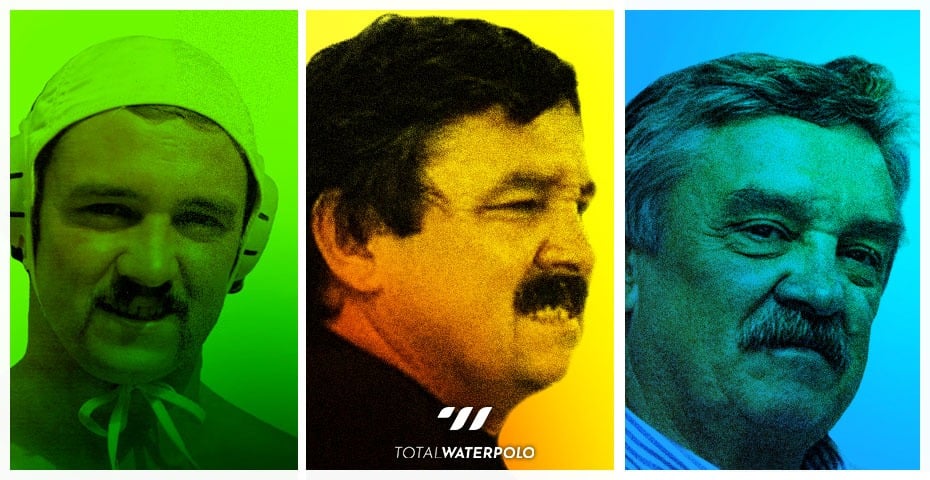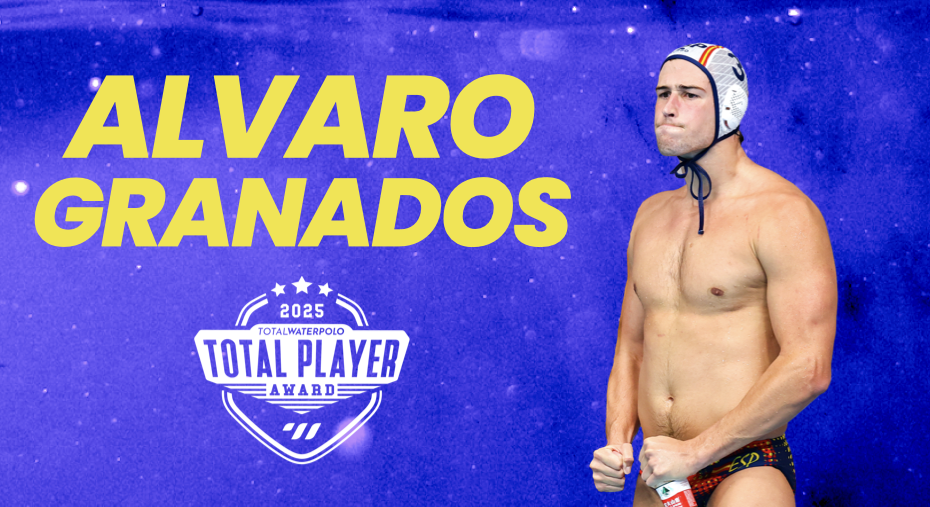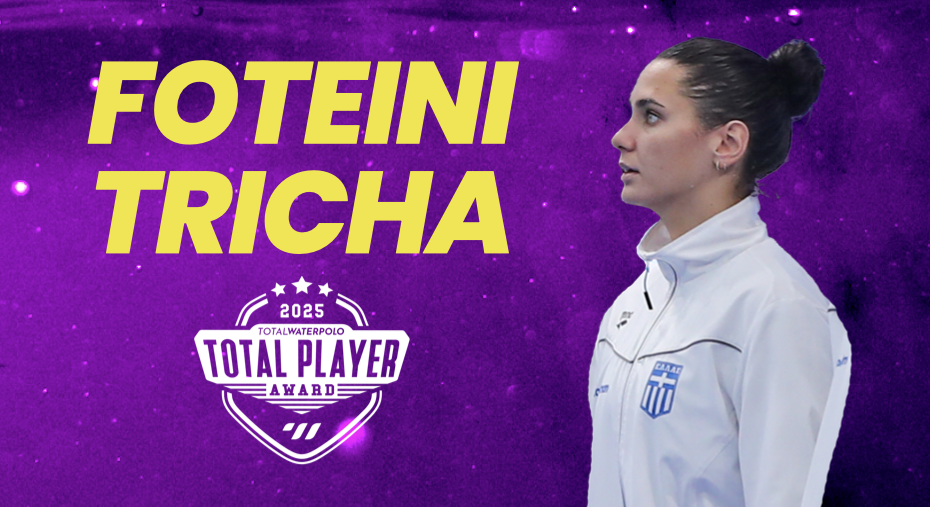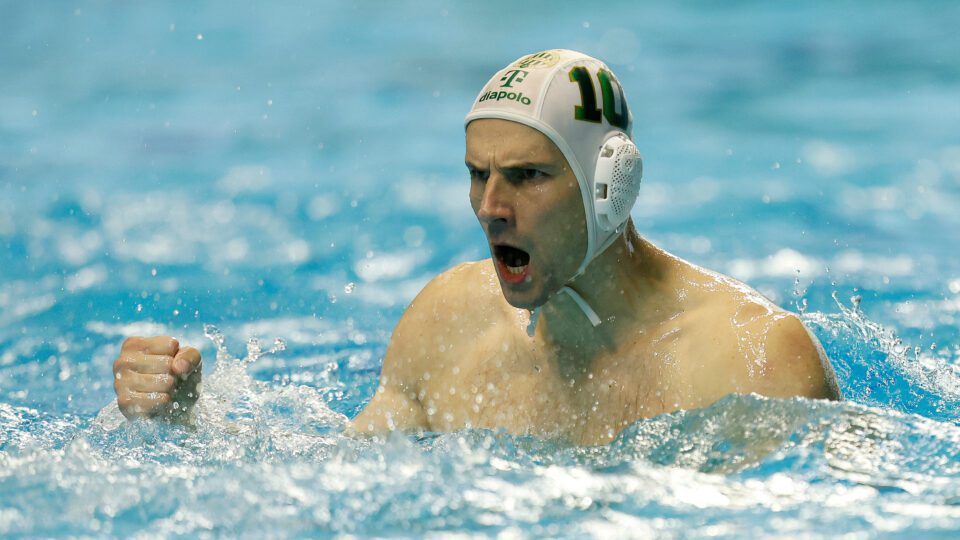Ratko Rudic, the most decorated water polo coach in history, finished his career. As a player and as a coach, he won 67 medals. He led three national teams to the Olympic titles. He had a number of medals at the World Championships, European Championships, Pan American Games. But he didn’t complete his career in a way as he wanted. The coronavirus pandemic stopped the season and Rudic didn’t finish his mission at Pro Recco’s bench.
Rudic’s achievements are incredible. He became a coach shortly after he retired as a player. From 1981 he was Partizan’s coach. Quickly after that, he started to work as a head coach of the junior national team of Yugoslavia, while in 1983, he took was appointed as a head coach of the senior Yugoslavian national team. He guided Yugoslavia until 1988. After that, he coached Italy (1990-2000), the United States (2001 – 2004), Croatia (2005 – 2012), Brazil (2013 – 2016), and, in the end, Pro Recco (2018-2020).
At the Olympic Games, he won four gold medals (Yugoslavia in 1984 and in 1988, Italy in 1992, Croatia in 2012) and the bronze with Italy in 1996. He was a three-time World champion as a coach (1986, 1994, 2007) and won two bronze medals (2009 and 2001). Rudic also clinched three titles at the European Championships (1993, 1995, 2010), Pan American Games (2003)…
Today, two interesting interviews with Rudic were published in Croatian media – Sportske Novosti and Index. We bring you some of the parts of those interviews.
“It’s time for me to retire. The time has really come for me to end my career, which lasted for 40 years. This job is done as long as you have the energy and motivation. I’ve never had a problem with either of those two necessary conditions for a coaching job, but it’s time to say goodbye. However, I must emphasize that I am leaving the bench, but not water polo. I will be with this sport for the rest of my life. As for the end of my coaching career, I am happy and proud when I look back on my great career”, Rudic said in an interview with Index.
Lack of motivation at the end of career, but…
Still, in an interview with Sportske Novosti, Rudic admitted that lack of motivation became a problem at the end of the career. But, that lack was caused by the reasons that didn’t depend on him and sport motives. The season was canceled (both in Italy and in the Champions League), because of the coronavirus pandemic.
He won many medals with the national teams, but he never won the Champions League. The title in the Champions League was a goal that he wanted to reach for the end of his career.
“I wanted the title of European champion with Pro Recco. We all in the club were highly motivated, and everything went according to the plans, and then … Then this happened. Everything was stopped, and the goal became unattainable. After that, for the first time in my career, I lost my motivation in some way. After all, nothing more could be done, nothing depended on me anymore. I think that what I have done so far in my career was enough. Yes, I’m sorry that the end turned out like this, that I didn’t finish the trophy. Still, in the end I don’t regret anything. As a coach, I have no longer the desire I had before” Rudic said a sentence he has never had before, Sportske Novosti wrote.
However, in his farewell letter to Pro Recco, Rudic mentioned that he had made such a decision even earlier.
“Yes, I decided earlier that this season would be the end. Pro Recco’s president Maurizio Felugo knew that too, but we didn’t want to reveal anything while the season was going on. Besides, I wanted to give the club time to find a solution for next season, for the future”.
Crucial medal
In Rudic’s opinion, none of the gold medals wasn’t his key success as a coach.
“Perhaps, the most crucial medal I won as a coach was in 1983, a silver medal at the Junior World Championships. That was decisive for me and for our sport. That medal for me as a coach was the most important in my whole career, I think.
Rudic often trusted the younger players. For example, at the 1984 Los Angeles Olympics, he showed great courage because he included Milanovic and Bukic in the team, even though they were unknown kids, 18-year-olds with no experience, and on the other side Yugoslavia hunted for a medal in Los Angeles (and it clinched the gold). He also picked 19-year-old Andro Buslje for the national team of Croatia at the 2005 World Championships in Montreal. Milanovic and Bukic later became excellent players, as well as Buslje, who is Croatia’s captain today.
“In that period, at the very beginning of my career and when I started with young players, knowing their potential, it was clear that I was giving them a chance. I trusted them. Afterward I had periods where I wanted young people, but I was wrong. Let’s say with the Croatian team at the European Championship in Belgrade in 2006. I didn’t make a mistake with the young people then, but with the line-up. Among the young people at that time, however, were also Buslje, then Jokovic, Pavic … Those were not mistakes. However, the result in Belgrade wasn’t good (7th place-Ed), although that later helped us. That were that defeats which can be stimulating. At least, I gave the opportunity to the elderly or experienced, who weren’t in the national team before. For example, Zdeslav Vrdoljak was in the Croatian national team for the World Championships in Melbourne in 2007, although he wasn’t invited to the team in the previous 10 years. I did not differentiate between young and old. The composition of the squad is essential. Young players bring you enthusiasm. They have no fear and have dynamics, while older players have experience. That when you compose – you have a team”.
Who was the favorite player you’ve led?
“I trained so many champions, and to single out any of them would be an injustice. I always emphasized the team”.
Rudic was a coach who was not only interested in the scoreboard and the result.
“The result is not always a real picture of the quality of the game. Also, psychologically speaking, many situations have shown that when you lose, on the one hand, there is a feeling of satisfaction in the opponent’s team, while you feel a desire to recover. Now, in order to make up for the deficit, you can’t force it. You can’t score two goals at once. That’s why I always insisted on keeping our plan and tactics, the characteristics of our game, and not even thinking about whether we are leading by a goal or two or we are trailing by 2,3 goals.”
Biggest challenge
What was the bigger challenge in your career, the beginning of your coaching career with the national team of the former Yugoslavia or coming to Croatia and the revitalization of a team on paper strong, but without much success until then?
“One of the most challenging processes for me was in Croatia. I remember the first training with the national team in December 2004. It was an ordinary workout, after which all the players were exhausted. It took a lot of time before the players accepted a specific way of working, discipline, and mental. It cannot be mastered if the player fails to overcome difficulties. There were problems. There were a lot of players who found it quite difficult to accept. Again, the decisive factor in our thinking was the defeat, that is, the bad games at the European Championship in Belgrade in 2006.”
Then many asked Croatian Federation to replace Rudic, by another coach.
It’s true. I was quite criticized by journalists and the coaches. It was justified. Perica Bukić, who was the president of the Croatian Water Polo Federation, and the people around him showed a lot of trust and patience. Then we mobilized as a team. On the first day of preparations for the World Championships in Melbourne in 2007, with all the changes we have made, it was clear to me that we are on the right track. Obviously, we needed two years of consolidation. We could have won a medal in 2005 at the World Championships in Montreal. In the semi-final match against the Serbs, I consciously called a time-out, although I was not right because I risked that my opponent get a penalty shot, that it might not realize. That’s how it was, Sapić shot, he didn’t score Djogas had a counter-attack, but he didn’t succeed either. We, unfortunately, lost to the Greeks for the bronze, but obviously, we were not even ready for the medal then – admits Rudic.
Rudic mentioned that Croatia is still building a sports culture. But it seems to us that we had it during the 80s of the last century. Where did that culture expire, Sportske Novosti asked.
“In the ’80s, there was a good system in Yugoslavia, but just in the sports with the ball, in which great coaches, all of them, were very influential in creating sports culture, building players … We in water polo studied Hungary’s and the methodology of the work of the USSR. What we kept the best of it we took. Most of that is preserved in water polo, today – in our country, as well as in Serbia and Montenegro. That is the reason why all those countries have become important in water polo.”
Best games
What was your best game as a coach?
“There were a lot of outstanding games. Yes, the one from the 1994 World Championships in Rome (Rudic’s Italy beat Spain 10:5) was an example of an organized match in each of its parts. However, I would definitely mention the Olympic tournament with Croatia in London in 2012, and especially the final against Italy. Regardless of Italy’s 2:0 lead at the beginning, the advantage of our team was seen throughout that match. The last, unimportant goal we conceded since goalkeeper Pavic let the Italians score because it was the end of the game, and the celebration began (Croatia won 8:6). There is another, perhaps the most spectacular one I have led, for bronze at the 1996 Olympics in Atlanta. Italy against Hungary, in the last quarter the Hungarians had a 4-goal advantage! We scored 5 goals in a row, but then one of our players jumped into the water too early, and Hungary earned a a penalty shot. They equalized, and we went into overtime We won there, Italy won bronze(the score was 20:18). Well, it was not a final match, but it was a spectacle of the game.”
Unforgettable ten years in Italy
You have lived and worked on three continents, which city and country do you like the most?
It was beautiful everywhere, but if I have to choose, let it be Rome. I enjoyed that city, fascinated by its rich culture, history, but also the mentality of the people there. To my friends who would come to visit me there from Croatia, I was happy to be a guide to Roman sights and beauties.
Italy is, therefore, your second home by several criteria; you lived there the longest abroad, it was the most beautiful for you, but also the most successful part of the career. The golden era of the national team is Rudic’s era. But, the beginning was hard.
“Ten years in Italy remain unforgettable. We started with disagreements because I came there as a winner of gold medals at the World Championships and the Olympic Games with Yugoslavia. I asked them to change the philosophy of not only work and play, but also thinking, to be successful in modern water polo. The Italians replied to me that they were physically insufficiently strong and gifted for such an approach. In the end, they accepted my ideas. We trained extremely hard, and I led them to become not only the best but also the physically strongest and most prepared team in the world. When they upgraded it to their otherwise great technique and tactics, no one could do anything to us. In just one Olympic cycle, we have won all the gold that exists. Still, they attacked me again in 1994, when I replaced a whole team after the gold medal at the World Cup, by young players. Regardless, with the new national team, we won the European Championships.”
Rules of behavior
Rudic has never run away from entering into conflicts with the best players and the leaders of the team. It was also known who would win these conflicts …
“I have always emphasized the merits and value of my colleagues and players for the successes I have achieved, but it is known on whom the responsibility rests. Whatever job I did in it, I gave myself and invested to the end, with complete preparation. Considering that I was a national team coach for practically my entire career, this seriousness must be at an even higher level because I insist on working in the long run in these teams. Of course, I wanted the result, but also to leave the best possible foundation to the successor after my departure. All this is not possible if the players I lead do not follow the rules.
But these rules were made with negotiations, Rudic says.
“I always negotiated about the rules with the players, I did not bring them one-sidedly or absolutistically. Because we would make the rules by agreement, I insisted on following the rules. I told the players at the beginning of the work that I knew all the tricks they used because I was using them myself when I was a player.”
What is the characteristic of a good coach?
“He must have knowledge that he can apply during the preparations and the matches. It does not matter what tactics are chosen, but it is vital to prepare a plan and tactical solutions that the team can implement. I often had a wide range of possibilities, but in the end, on the eve of the competition, I would reduce them to a few necessary actions that I am sure the players are able to implement automatically. Before a big tournament, it is important not to burden the players in the sense that you do not ‘get lost’ in oversized solutions. You have to go to safety, but there is always one part of their individual creation that you have to leave them. I was often called a dictator, but I always supported the players with their solutions. Of course, the coach must also be a leader, he must know how to manage teams. A combination of rules, but also freedom, relaxation of players. This balance should be established with a focus on the ultimate goal” – says Rudic.
Plans for future
What are your plans in future?
“I am in several organizations, so I don’t leave water polo. I am still a member of the Expert Council of the Croatian Water Polo Federation. I participate in the global water polo project with children, Haba-Waba, I am on FINA’s Committee for the Development of Water Polo in the World. Here we are working on the global project “Swim and play the ball”. I do not need to impose myself on anyone, but if someone invites me for an interesting project, I’m here. Of course, no more as a coach. That is over – answered Rudic, who is also a consultant in VK Pucisca on the island of Brac.
Sources






